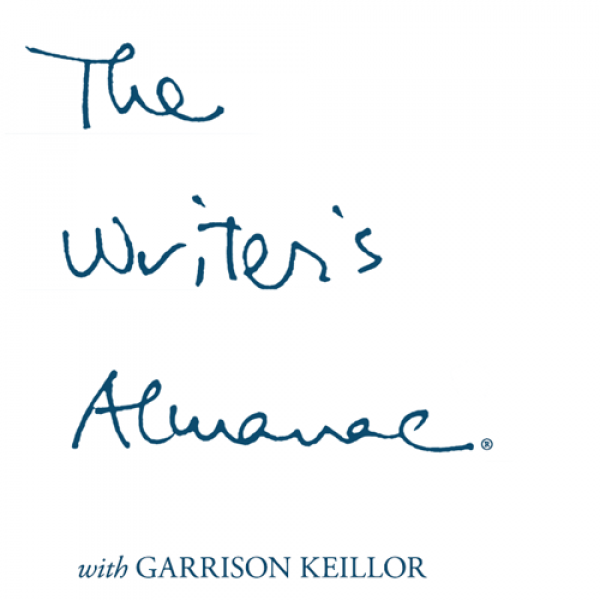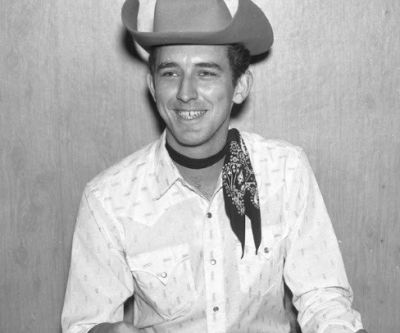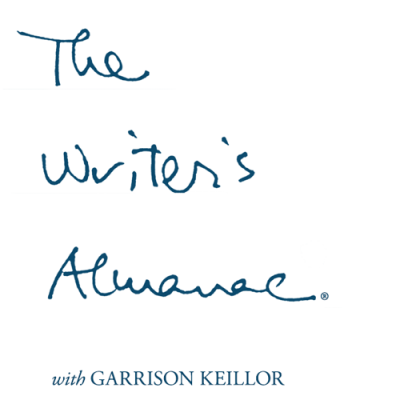December 20, 2018
Tuesday
8:00 p.m.
Minneapolis, MN
Test schedule
A live performance with Robin and Linda Williams at the Cedar Cultural Center
May 20, 2018
Sunday
3:00 p.m.
Lexington, MA
Lexington, MA
A live performance at the Saenger Theatre
April 10, 2018
Tuesday
8:00 p.m.
Tulsa, OK
Tulsa, OK
A live performance at the Brady Theater
March 17, 2018
Saturday
8:00 p.m.
Long Beach, CA
Long Beach, CA
A live performance at the Carpenter Performing Arts Center
March 15, 2018
Thursday
7:00 p.m.
Mobile, AL
Mobile, AL
A live performance at the Saenger Theatre
“The daisy follows soft the sun…” by Emily Dickinson. Public domain. (buy now)
The daisy follows soft the sun,
And when his golden walk is done,
Sits shyly at his feet.
He, waking, finds the flower near.
“Wherefore, marauder, art thou here?”
“Because, sir, love is sweet!”
We are the flower, Thou the sun!
Forgive us, if as days decline,
We nearer steal to Thee, —
Enamoured of the parting west,
The peace, the flight, the amethyst,
Night’s possibility!
It was on this day in 1867 that Mark Twain (books by this author) set off on a tour of Europe and the Middle East, a trip that gave him the material for his first major book, The Innocents Abroad (1869). He traveled with a large group of American tourists, on a steam-driven side-wheeler called the Quaker City. It was the first transatlantic cruise on a steamship.
Twain was just starting out as a writer at the time. He was living in New York, working as the travel correspondent for the San Francisco newspaper the Alta California. He convinced the editors to pay for his cruise, and in exchange he would write 50 letters from the cruise ship to be published in the paper. He had just started using the name Mark Twain a few years before, and he was still trying to build his reputation. His first book, The Celebrated Jumping Frog of Calaveras County and Other Sketches (1867), hadn’t sold very well, and he thought a travel book would be a good way to make a name for himself.
When Twain got back from the cruise, his publisher gave him six months to write a 600-page book. He wrote most of it in Washington, D.C., in a tiny room full of dirty clothes, cigar ashes, and manuscript pages. He used a lot of the material from the letters he wrote during the trip, buthe made several changes to make it more appealing to an eastern audience. He took out some of the cruder jokes and the racier passages, such as a description of nude bathers at Odessa. He thought easterners were more likely to be offended then westerners, and he wanted to reach as large an audience as possible. He wrote about 200,000 words in two months, or about 3,500 words per day, and finished just before his publisher’s deadline.
In Florence, he wrote: “It is popular to admire the Arno. It is a great historical creek with four feet in the channel and some scows floating around. It would be a very plausible river if they would pump some water into it. They all call it a river, and they honestly think it is a river, do these dark and bloody Florentines. They even help out the delusion by building bridges over it. I do not see why they are too good to wade.”
The book was published by the American Publishing Company in 1869. The Innocents Abroad sold more than 125,000 copies in 10 years, and it established Twain’s reputation.
It’s the birthday of the editor who ushered in the Golden Age of Science Fiction: John W. Campbell (books by this author), born in Newark, New Jersey (1910). His father was an electrical engineer, and Campbell was interested in science from the time he was a kid. He started writing science fiction when he was 18, a student at the Massachusetts Institute of Technology, and published his first story a year later.
He wrote under his own name and a pseudonym, Don A. Stuart. His work includes the novella Who Goes There? (1938), about a group of researchers in Antarctica who discover an alien buried in the ice. The alien has the ability to inhabit the body of anyone it attacks, to such a convincing degree that it is impossible for the researchers to recognize which of them are still themselves and which are now aliens. It was made into the film The Thing From Another World (1951), its remake The Thing (1982), and later this year, a prequel, also called The Thing.
John Campbell’s most lasting contributions to science fiction came from his role as an editor. In 1937, the editor of the science fiction magazine Astounding Stories retired and hired Campbell to replace him. Campbell immediately changed the name to Astounding Science-Fiction (and later to Analog), and he transformed the magazine. He wanted to change its reputation from that of a pulp fiction publication to one based on real science. He recruited and championed writers like Isaac Asimov, A.E. van Vogt, Robert A. Heinlein, and Theodore Sturgeon. He demanded that the stories he publish have convincing science as well as convincing characters. He preferred uncomfortable ideas that would push readers, and he had no qualms insisting that his writers completely change the endings of stories if he didn’t like them. Isaac Asimov said, “What he wanted were people who would write stories in which the science was realistic. Not realistic in the sense that they couldn’t go out into the blue yonder, not realistic in the sense that they couldn’t extrapolate wildly, but realistic in the sense that people who worked in science resembled people who actually worked in science. That scientists acted the way scientists do, that engineers acted the way engineers do — and in short, that the scientific culture be represented accurately.”
Asimov said of Campbell: “When I first met him I thought of him as ageless. He was a tall, large man with light hair, a beaky nose, a wide face with thin lips, and with a cigarette in a holder forever clamped between his teeth. He was talkative, opinionated, quicksilver-minded, overbearing. Talking to him meant listening to a monologue. Some writers could not endure it and avoided him, but he reminded me of my father, so I was perfectly willing to listen to him indefinitely.”
On this day in 1862, Emily Dickinson (books by this author) wrote a letter to Thomas Wentworth Higginson (books by this author), asking him to be her friend and adviser. Higginson was a Unitarian minister, an abolitionist, and essayist. A couple of months earlier, he had written a piece for The Atlantic Monthly, called “Letter to a Young Contributor.” In it, he gave advice to aspiring writers. After Dickinson read the article, she wrote to Higginson and asked if he would comment on her poems. She was so shy about contacting him that she didn’t even sign her letter, and she wrote, he said, “in a handwriting so peculiar that it seemed as if the writer might have taken her first lessons by studying the famous fossil bird-tracks in the museum.” His letters to her don’t survive, but he must have offered her some constructive criticism because after he wrote her back, she responded, “Thank you for the surgery; it was not so painful as I supposed.”
Thus began a correspondence that would last the rest of her life. Higginson only met Dickinson twice, and he advised her not to publish her poetry because he felt it was too unconventional. But after she died, he co-edited two volumes of her work. He published the poems in edited form, perfecting her imperfect, “slant” rhymes, and standardizing the punctuation and grammar—which to modern readers seems a shameful thing—but he did resist the efforts of his co-editor who wanted to change them even more. “Let us alter as little as possible,” he said.






